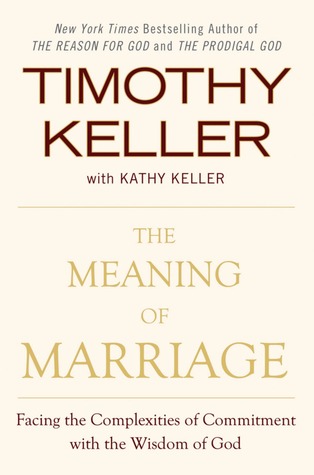More on this book
Community
Kindle Notes & Highlights
Read between
December 1, 2022 - January 8, 2023
First, realize you have a “filter” on. You tend to only “hear” certain kinds of love language. For example, your spouse may be working hard to provide you with material things, but you wish he were more verbal. There is a tendency to say, “He doesn’t love me!” because he is not communicating love in your most valuable language. Take off your filter and recognize the love your spouse is giving you.
One of the greatest expressions of love is the willingness to change, to make a commitment to change attitudes and behaviors in yourself that trouble or hurt your spouse.
Truth without love ruins the oneness, and love without truth gives the illusion of unity but actually stops the journey and the growth. The solution is grace. The experience of Jesus’s grace makes it possible to practice the two most important skills in marriage: forgiveness and repentance.
In Mark 11:25, Jesus says that if you are praying, and you realize that you have something against someone, you must forgive him or her right there. Does that mean you should not confront the person? No, you should, since Jesus in Matthew 18—as well as Paul in Galatians 6 and elsewhere—tells Christians that if someone wrongs them, they should go to the person and discuss their sin. Wait, we say. The Bible says we are supposed to forgive people and then go and confront them? Yes! The reason we are surprised by this is almost always because we confront people who have wronged us as a way of
...more
One of the most basic skills in marriage is the ability to tell the straight, unvarnished truth about what your spouse has done—and then, completely, unself-righteously, and joyously express forgiveness without a shred of superiority, without making the other person feel small.
What does it take to know the power of grace? First it takes humility.
Our sins hurt Jesus infinitely more than your spouse’s sins hurt you.
we see each other become more and more spiritually gorgeous. We are clothing, washing, adorning each other.
What we should say to each other on our wedding day is, “As great as you look today, someday you will stand with me before God in such beauty that it will make these clothes look like rags.”
To “help” someone, then, is to make up what is lacking in him with your strength.6 Woman was made to be a “strong helper.”
Jesus redefined all authority as servant-authority. Any exercise of power can only be done in service to the Other, not to please oneself. Jesus is the one who did not come to be served, as the world’s authority figures expect to be, but to serve, to the point of giving his life.
How different seeking marriage would be if, as we argued earlier in this book, we were to view marriage as a vehicle for spouses helping each other become their glorious future-selves through sacrificial service and spiritual friendship.
How different it would be if we were to fall in love especially with the glorious thing God is doing in our spouse’s life?
The kind of love that lasts a lifetime is not only a matter of the emotions. It has to be a commitment strong enough to move us to glad, non-begrudging, sacrificial service of another person even during the inevitable seasons when the emotions are dry or cold. That kind of love grows out of this comprehensive attraction to the person’s character, future, and mission in life.
The gospel is neither legalism, nor antinomianism. Christians are not saved by obeying God, and yet true salvation will lead to obeying God, out of gratitude.
If you only obey God’s word when it seems reasonable or profitable to you—well, that isn’t really obedience at all. Obedience means you cede someone an authority over you that is there even when you don’t agree with him. God’s law is for times of temptation, when “body and soul rise in mutiny against their rigour.”


